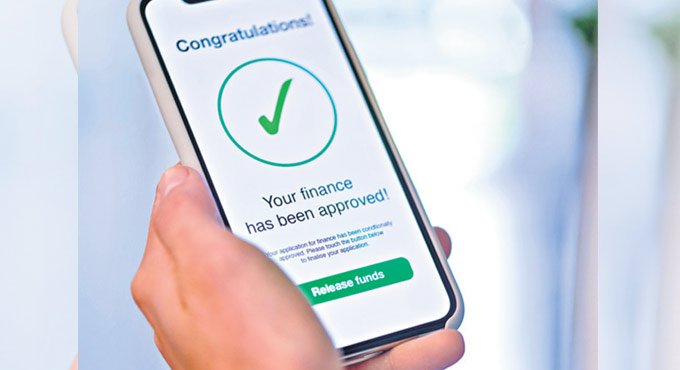Understanding small-business loan costs can help you choose the best option and save money as a business owner. Here’s what you need to know about business loan interest rates and fees. Continue reading!
To start- What is the interest rate on a business loan?
A business loan’s interest rate is essentially how much a lender charges you for funding. Shop around for low-interest business loans because the following factors can affect the rates you’re offered:
The financier: Bank small-business loans typically have the lowest interest rates but strict qualification requirements. Online lenders have fewer eligibility requirements but charge a higher fee: Interest rates on some types of online business loans can range from 7% to 100%.
Your current financial situation: The lender will consider eligibility criteria such as your credit score, time in business, and business income. If you appear to be a risky borrower, the interest rate you’re offered will almost certainly be higher.
The type of loan: Lenders provide a variety of small-business loans, with interest rates varying depending on the product. Loans backed by the U.S. Small Business Administration are frequently the best deal. The SBA loan rates range from 5.50 percent to 8%.
Your collateral: If you secure your loan with business collateral, such as inventory or property, lenders may offer you a lower interest rate. Because the lender can seize these assets for non-payment, the lender’s risk is reduced.
Market conditions, the total amount borrowed, and the length of the repayment period are all factors that may influence interest rates on business loans.
Is the interest rate on a small-business loan fixed or variable?
The interest rate on a small-business loan can be fixed or variable. The interest rate and monthly payment on a fixed-rate loan do not change over the life of the loan, making repayment easier to budget for.
Fixed interest rates are common with lump-sum term loans. This loan is ideal for one-time business purchases as well as long-term financing needs such as funding a major business expansion, purchasing real estate, or refinancing debt.
A variable-rate loan may have a lower initial rate than a fixed-rate loan, but that rate is subject to change because it is linked to an underlying index that fluctuates with the market. This means that your payments may vary, making budgeting more difficult.
A variable interest rate may be associated with a business line of credit. It allows you to borrow money and pay it back in installments, much like a credit card. This type of loan is ideal for business owners who don’t require a specific amount of money but require quick access to cash, whether for emergency funds or short-term working capital.
How much are loans fees?
Business loan fees are frequently unavoidable and can increase the cost of borrowing. Small-business lenders charge varying amounts for upfront fees based on factors such as loan size, repayment term length, credit score, and type of business loan.
When you apply for a small-business loan, your lender should be clear about what each fee covers and explain any you don’t understand.
Here are some of the most common fees that may be associated with a small-business loan:
- The origination fee. A one-time fee is charged for the processing of a new loan.
- Underwriting fee. Underwriters charge fees to review and verify the documents you’ve provided, such as financial statements, personal bank statements, credit reports, and tax returns.
- Closing expenses. Fees for loan servicing, such as a loan-packaging fee, commercial real estate appraisal, or business valuation.









